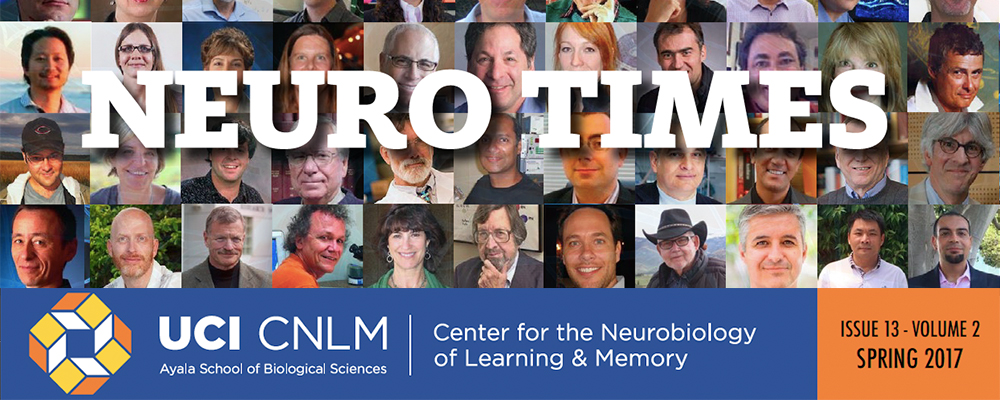Basic Science Saves Lives – an idea worth remembering
The idea is not novel, but it is too often forgotten. Particularly in today’s political climate, the value of basic scientific pursuit and discovery is frequently challenged if not undermined. This is perhaps strange as science, by its very nature, is nonpartisan. It transcends political boundaries and reaches across all divides to unite us behind a common cause – to advance our collective state of knowledge, such that we may address humanity’s greatest challenges. Not long ago, Newt Gingrich wrote an op-ed in The New York Times calling for the National Institutes of Health funding for basic research to be doubled. He made the compelling case that it is a fiscally conservative policy, because more basic research would lead to better treatments, which would reduce federal healthcare spending. “When it comes to breakthroughs that could cure — not just treat — the most expensive diseases, government is unique. It alone can bring the necessary resources to bear,” Gingrich wrote. “And it is ultimately on the hook for the costs of illness. It’s irresponsible and shortsighted, not prudent, to let financing for basic research dwindle.”
Basic science, historically, has been at the root of transformational technological innovation. Perhaps the quintessential example is the biotechnology revolution that was borne out of the serendipity of basic research with recombinant DNA technology in the early 1970’s. A more recent example is the advent of “gene-editing” using the CRISPR/Cas9 system, a product of the fundamental question: how does a bacterium cope with a viral attack? This curiosity is what led to one of the most transformative applications in recent history – the very real possibility that genomic “errors” can be corrected, potentially preventing a number of diseases before they even begin. There are countless more examples of how basic science has been, and will always be the engine of discovery and innovation. It underlies all past and future breakthroughs in neuroscience and is the only means to fill the gaps in our understanding of the brain that prevent us from eradicating brain disease.
This is a message that I hope we can spread far and wide. I hope you will join the conversation and help support this cause by advocating for basic research and not losing sight of its critical importance for everything from curing brain disease to advancing human civilization.
Mike Yassa
– Adapted from the Spring 2017 CNLM Newsletter.

